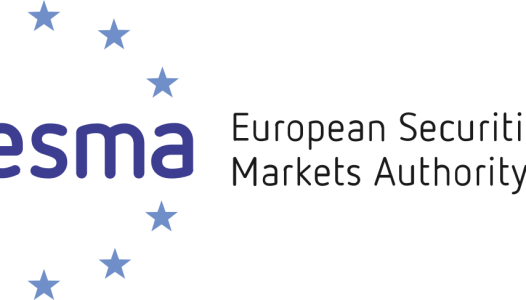The European Securities and Markets Authority (ESMA), the EU’s securities markets regulator, has recently issued a Public Statement on the prospectus disclosure and investor protection issues raised by special purpose acquisition companies (SPACs). The statement, in view of both the complexity and the diversity of SPAC transactions, sets out ESMA’s expectations on how issuers should satisfy the specific disclosure requirements of the Prospectus Regulation to enhance the comprehensibility and comparability of SPAC prospectuses.
This should help to ensure that national competent authorities (NCAs):
- take a coordinated approach to the scrutiny of SPAC prospectuses;
- provide SPACs with an understanding of the disclosure that NCAs will expect them to include in their prospectuses; and
- support investors’ analysis of these transactions.
Investor protection
The statement highlights ESMA’s view that SPAC transactions may not be appropriate investments for all investors due to risks relating to dilution, conflicts of interests in relation to sponsors’ incentives and the uncertainty as to the identification and evaluation of the target company. In addition, ESMA emphasises the importance of the proper application of the MiFID II product governance rules and their role in ensuring investor protection.
Anneli Tuominen, Interim Chair, said: “There has been a significant rise in SPAC activity in EU capital markets this year, and with this comes growing interest from investors. Therefore, it is essential that investors are provided with the information necessary to understand the structure of SPAC transactions before making any investment decisions. ESMA’s statement will contribute to maintaining a high level of investor protection and promote a common consistent supervisory convergence by regulators across the EU.”
ESMA and NCAs will continue to monitor SPAC activity to determine if additional action is necessary to promote coordinated supervisory action aimed at preserving investor protection.
Background
SPACs are shell companies that are admitted to trading on a trading venue with the intention to acquire a business and are often referred to as blank check companies. The persons responsible for setting up SPACs are the sponsors, who typically have significant expertise in one or more economic sectors and use the SPAC to acquire companies in those sectors. SPACs sell their shares, often together with warrants, to investors to finance the acquisition. After the acquisition, the SPAC becomes a normal listed company.
Source: ESMA






